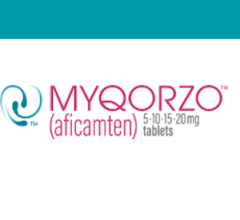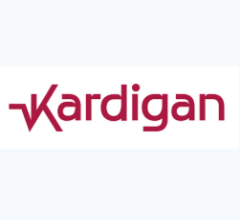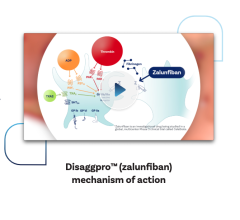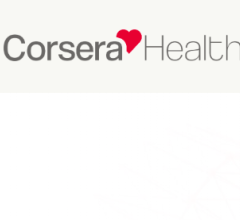November 9, 2012 — Bristol-Myers Squibb Co. and Pfizer Inc. announced that the reductions in stroke or systemic embolism, major bleeding, and mortality demonstrated with Eliquis compared to warfarin in the ARISTOTLE trial were consistent across a wide range of stroke and bleeding risk scores in patients with nonvalvular atrial fibrillation. These results of a subanalysis from the ARISTOTLE clinical trial were published in The Lancet.
Stroke and bleeding risk were based on the CHADS2, CHA2DS2VASc and HAS-BLED scores, which are patient assessment tools used by physicians to help predict the risk of stroke and of bleeding in patients with atrial fibrillation. Physicians can use these risk scores to help inform decisions regarding the selection of anticoagulation therapy.
The ARISTOTLE trial evaluated the efficacy and safety of Eliquis, an investigational compound for the prevention of stroke or systemic embolism in patients with nonvalvular atrial fibrillation, compared with warfarin. This sub-analysis evaluated data from 18,201 patients in the ARISTOTLE trial, based on patients’ risk of stroke (CHADS2 1, 2, or ?3, or CHA2DS2VASc 1, 2, or ?3) or risk of bleeding (HAS-BLED 0-1, 2, or ?3). Across prespecified and post-hoc analyses that evaluated CHADS2, CHA2DS2VASc or HAS-BLED categories, this sub-analysis demonstrated that irrespective of a patient’s risk of stroke or bleeding, treatment with Eliquis resulted in a consistent reduction in stroke or systemic embolism and mortality, compared to warfarin. There were also consistently lower rates of major bleeding and of intracranial bleeding with Eliquis compared with warfarin across all evaluated CHADS2, CHA2DS2VASc and HAS-BLED score categories. These findings are consistent with the primary results of the ARISTOTLE trial, which demonstrated that Eliquis, as compared with warfarin, significantly reduced the risk of stroke or systemic embolism, major bleeding, and mortality. In addition, results of this subanalysis showed that, in patients with nonvalvular atrial fibrillation, the reduction in intracranial bleeding with Eliquis compared to warfarin tended to be greater in patients who had the highest risk of bleeding (HAS-BLED score ?3) than the reduction in patients with the lowest risk of bleeding (HAS-BLED score of 0-1).
“It’s encouraging to see that the findings of ARISTOTLE are consistent across patients with atrial fibrillation and different risks of stroke and bleeding,” said the study's lead author Renato Lopes of Duke University Medical Center in Durham, N.C. “These findings suggest that, due to the consistent benefit of apixaban versus warfarin, current risk-scoring systems for selecting anticoagulation therapy may be less relevant when using apixaban than they are for warfarin, at least for patients with CHADS2 scores ?1.”
The ARISTOTLE study was designed to demonstrate the efficacy and safety of Eliquis versus warfarin for the prevention of stroke or systemic embolism. In ARISTOTLE, 18,201 patients were randomized (9,120 patients to ELIQUIS and 9,081 to warfarin). ARISTOTLE was an active-controlled, randomized, double-blind, multinational trial in patients with nonvalvular atrial fibrillation or atrial flutter, and at least one additional risk factor for stroke. Patients were randomized to treatment with Eliquis 5 mg orally twice daily (or 2.5 mg twice daily in selected patients, representing 4.7 percent of all patients) or warfarin (target INR range 2.0-3.0), and followed for a median of 1.8 years.
Eliquis is the approved trade name for apixaban in Europe and the proposed trade name in the United States. Eliquis is not approved for the prevention of stroke or systemic embolism in patients with atrial fibrillation in any country. In May 2011, Bristol-Myers Squibb and Pfizer announced the first regulatory approval for Eliquis in the 27 countries of the European Union plus Iceland and Norway for the prevention of venous thromboembolic events (VTE) in adult patients who have undergone elective hip or knee replacement surgery.
Eliquis is also being investigated in phase 3 trials for the treatment of VTE.
For more information: www.bms.com


 January 28, 2026
January 28, 2026 









